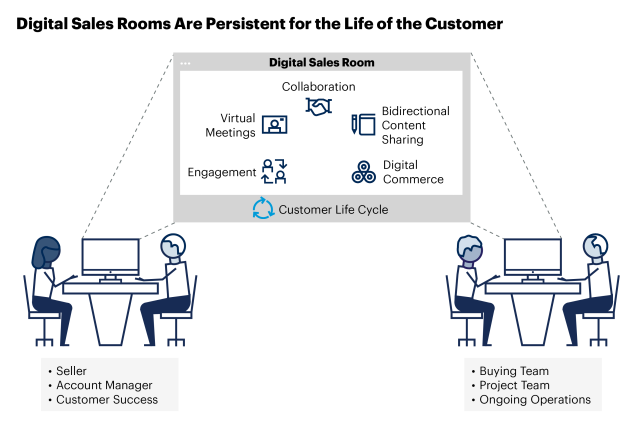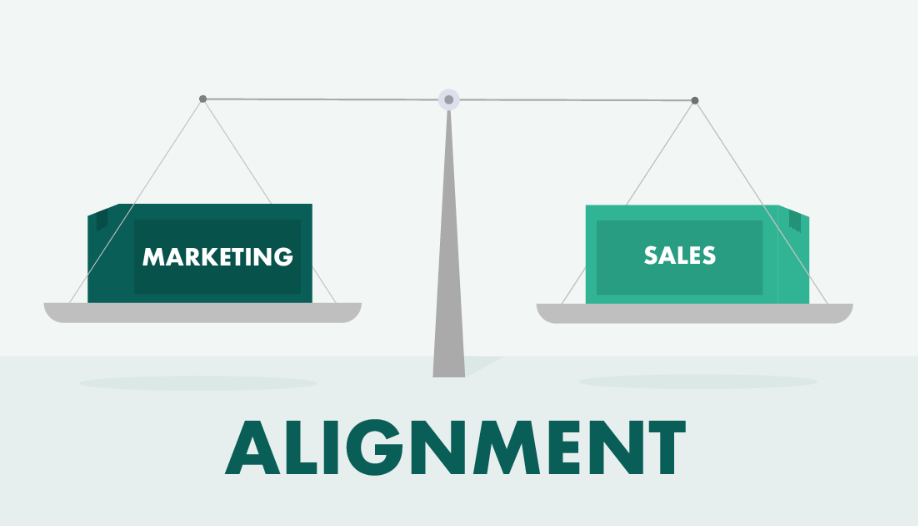2025 has brought a significant tightening of global data privacy regulations, reshaping how B2B brands target and engage with customers. From the updated GDPR provisions in the EU to newly enacted privacy laws in APAC and the Americas, the message to marketers is clear: respect for data privacy is now a growth imperative, not a compliance checkbox.
- The New Privacy Landscape
Several jurisdictions have rolled out stronger enforcement measures this year. These include mandatory consent prompts for tracking across business platforms, stricter rules on data retention, and severe penalties for unauthorized data sharing. In APAC, privacy rules have shifted from soft guidelines to enforceable regulations. In North America, a coalition of states has launched unified standards to close loopholes in digital marketing.
B2B brands that once relied on broad targeting through aggregated data now face a smaller but more valuable addressable audience. The shift demands precision over scale.
- Why It Matters for B2B
B2B marketing operates on long sales cycles, high-value transactions, and trust-based relationships. Any breach of data trust can derail years of brand-building. New regulations force marketers to reevaluate their lead generation processes, vendor contracts, and consent mechanisms.
Rather than viewing privacy compliance as a burden, forward-thinking companies see it as a brand differentiator. Demonstrating transparency in how customer data is handled builds credibility and strengthens the buyer relationship.
- Strategic Responses from Leading Brands
- First-Party Data Strategies: Brands are shifting from third-party lists to building proprietary databases through gated content, events, and opt-in programs.
- Zero-Party Data Collection: Asking customers directly about preferences and needs, and rewarding them for sharing, is gaining traction.
- Privacy-First Ad Platforms: Leveraging platforms that integrate compliance tools and user-level consent into campaign design.
- Implementation Challenges
Transitioning from broad targeting to precision engagement requires technology upgrades, retraining of marketing teams, and in some cases, rethinking product positioning to entice opt-ins. Smaller companies may find the resource requirements daunting, but early adoption will pay off in reduced compliance risk.
- Risks to Manage
Failure to comply with updated regulations can result in penalties of up to 5 percent of annual global revenue in some regions. Beyond fines, non-compliance can lead to public mistrust and reduced deal closures.
Conclusion
Data privacy in 2025 is not a niche legal issue, it is a competitive lever. B2B brands that adopt transparent, opt-in-based targeting models will protect themselves from regulatory fallout while positioning as trusted market leaders.






